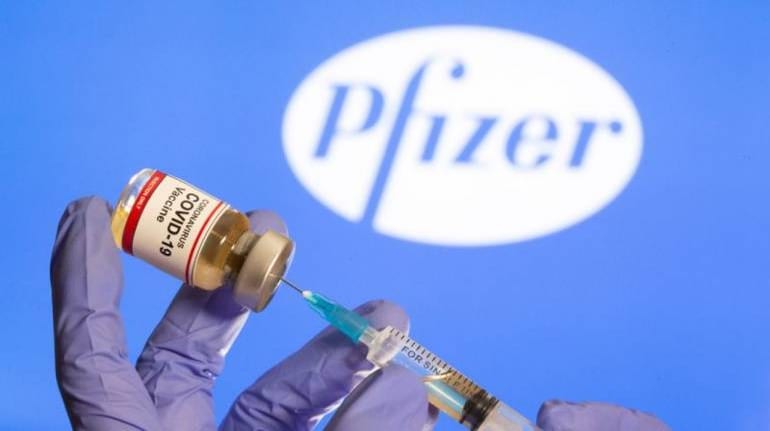File image: Pfizer's COVID-19 vaccine
Germany will roll out the Pfizer-BioNTech vaccine against COVID-19 on December 27, with priority given to the elderly in care homes, Berlin city government said on Wednesday.
The announcement came as Germany registered its highest daily death toll from COVID-19 and as it entered a strict lockdown in an attempt to bring down soaring infections.
As a member of the European Union Germany must wait for the European Medicines Agency (EMA) to approve the vaccine. It is expected to make an announcement on Dec. 21.
A senior EU official said on Wednesday the bloc could give its final approval for the Pfizer-BioNTech vaccine on Dec. 23.
"The federal states will start vaccination against the novel coronavirus SARS-CoV-2 on Dec. 27," Berlin city government said in a statement after a conference between Health Minister Jens Spahn and health officials from Germany's 16 states.
Spahn has expressed frustration at the lack of approval of a vaccine partly developed in Germany even as countries such as Britain and the United States are rolling it out.
The number of registered COVID-19 deaths jumped by a record 952 on Wednesday. The previous record was 598 last Friday.
However, Wednesday's figures are not entirely comparable to previous days because they were inflated by a technical problem in one state, said the Robert Koch Institute for infectious diseases, which collates the data.
Fears that the pandemic is spiralling out of control prompted Chancellor Angela Merkel and state governors to announce on Sunday a tough lockdown from Dec. 16 until at least Jan. 10.
Shops and schools will stay shut in a pre-Christmas tightening of restrictions following a partial lockdown in November, which closed bars and restaurants but failed to contain a second wave of the pandemic.
Germany was more successful than many countries in keeping the coronavirus under control in the first wave in the spring but the situation looks different now.
The Robert Koch Institute put the number of confirmed cases at 1,379,238, an increase of 27,728. The total death toll in Germany is 23,427. The seven-day incidence of cases ticked up to 180 per 100,000 people from 174 on Tuesday.










_2020091018165303jzv.jpg)


























